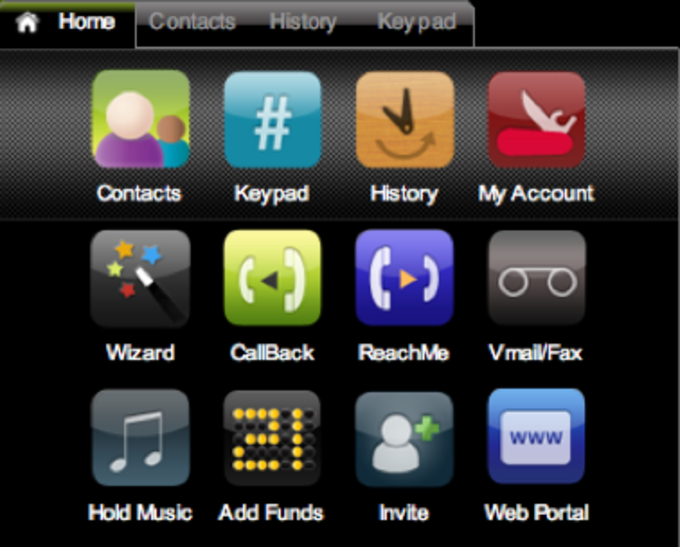
#VOXOX WINDOWS 8 KEYGEN#


But did you know these three browsers actually scoop up your data and still track what you are searching online even if you are using ‘private’ or ‘incognito’ search mode? We probably all have a favourite browser such as Google Chrome, Internet Explorer or Safari if you are using a Mac. There is also the TOR search engine hosted on though the other two are probably more suitable for mainstream searches. There are alternative search engines such as Blekko and DuckDuckGo. They sell the data so advertisers can establish how many times their ads were viewed and target audiences based on location and viewing history. Most of today’s popular search engines such as Google and Bing make fantastic amounts of money tracking user’s searches. However, if you are concerned about being tracked, and not necessarily by spooks but even ad agencies who are keen to scoop up as much information on your web movements as possible (because they can sell it), take note of the steps below. This might raise the hackles on your back or it might just elicit a shoulder shrug. They’ve even hacked into underwater cables that carry internet traffic around the world. Just ask the US NSA or the UK’s GCHQ, they’ve devised all sorts of tools and techniques to see what is happening, who is doing what and even why. One of the downsides about the internet is its transparency. You know what your visitors are doing so you can adjust your tactics accordingly. This is very useful for marketing and building out a business. Build a website and you can track the traffic, where it comes from and what times it peaks. One of the great things about the internet is its transparency. Do you really want to shrug your shoulders and say your privacy doesn’t matter? Depending on the browser and services you use, your every click, website review, and online purchase can be collected, analysed and used to create a profile that’s readily sold off to advertisers and others. The loss of privacy in the Internet age is a reality.


 0 kommentar(er)
0 kommentar(er)
